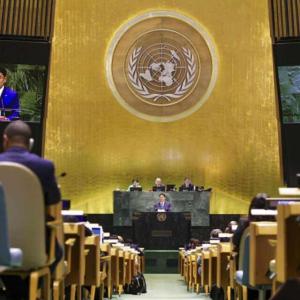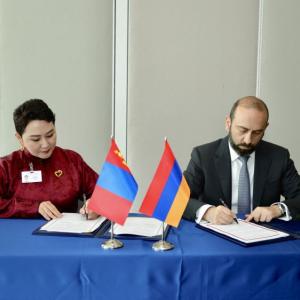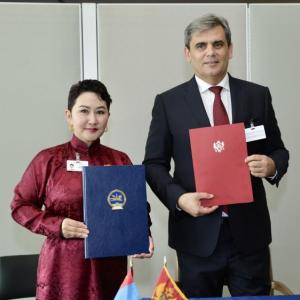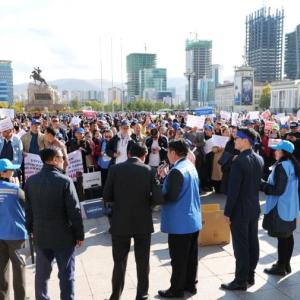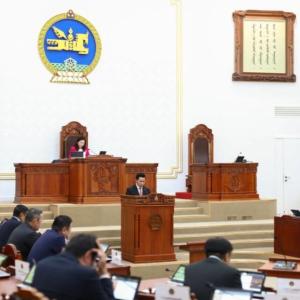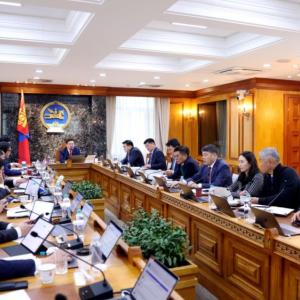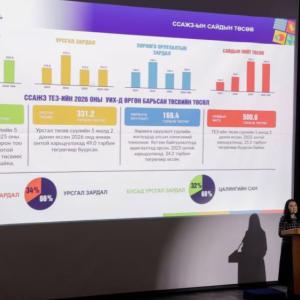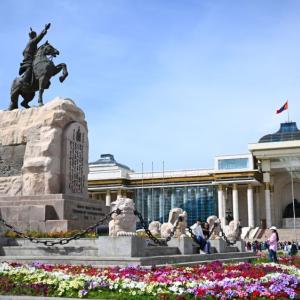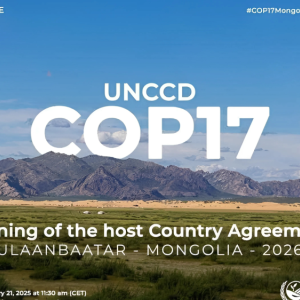International specialists agree on need of climate risk insurance in Mongolia
Society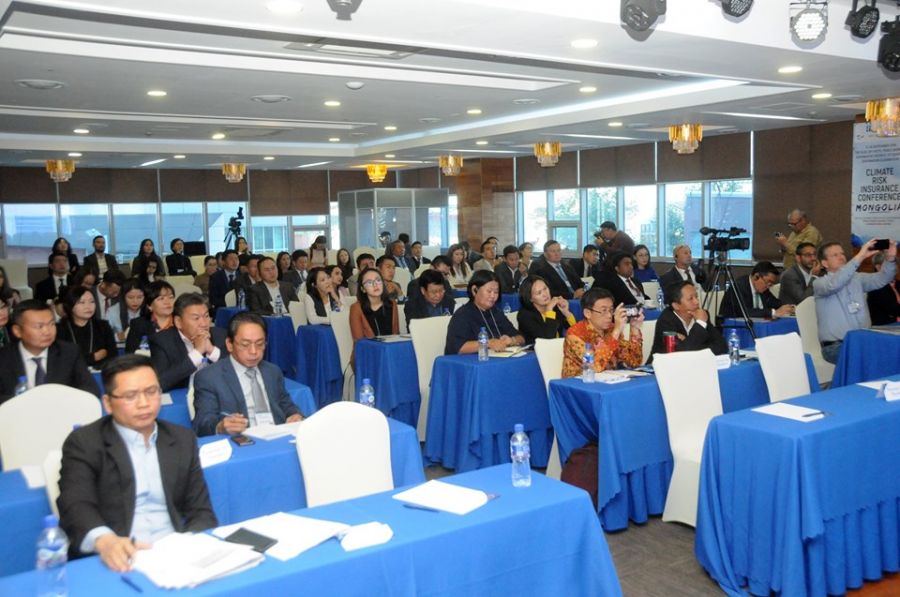
Ulaanbaatar /MONTSAME/. At the initiative of the Financial Regulatory Commission of Mongolia, an international dialogue and organizational meeting under the theme “Climate Risk Insurance” is being held in Ulaanbaatar on September 17 and 18. The conference is aimed at sharing good practices, case studies, lessons and experiences on climate risk insurance (CRI) among government, intergovernmental organizations, regional and international organizations (particularly focusing in Asia) and stakeholder groups and organizations.
Representatives from Switzerland, Germany, the Philippines, Indonesia, Pakistan, Sri Lanka and Vietnam and Mongolia’s Ministry of Finance, National Emergency Management Agency and insurance companies gathered to hold discussion in four areas, regulatory frameworks for climate risk insurance, CRI business model, insurance based on technology and public-private partnership.
Head of the Financial Regulatory Commission M.Ulziibat noted the lack of proper legal regulations on disaster risk management in Mongolia and insurance companies do not offer climate risk insurance products on the market as people are not commonly aware of it.
According to a report by the National Emergency Management Agency, there have been 44,177 dangerous natural incidents or accidents registered in Mongolia during the last decade. For instance, extreme cold weather dzud and snowfall of 2009-2010 killed more than 10 million livestock animals or 23 percent of the total population of livestock animals in Mongolia, imposing great risks to the lives of livestock herder communities.
The conference also touched upon the impacts of climate change on the traditional herding industry of Mongolia. The official report presented at the event indicates that the average temperature of Mongolia increased by 2.07 degrees in 2013, compared to that of the year of 1940, which is already threefold greater than world average and the number of days with extreme hot temperature increased by 16-25 days per year. The number of plant species on pastureland reduced by 2-3 times and the crop yields dropped by 20-30 percent throughout the country and 78.2 percent of the total grazing land of Mongolia is experiencing moderate or worse desertification. Taking these reports into consideration, officials underlined that, as a country heavily dependent on livestock husbandry and agriculture, there is an imminent need to have a proper risk insurance system in Mongolia.
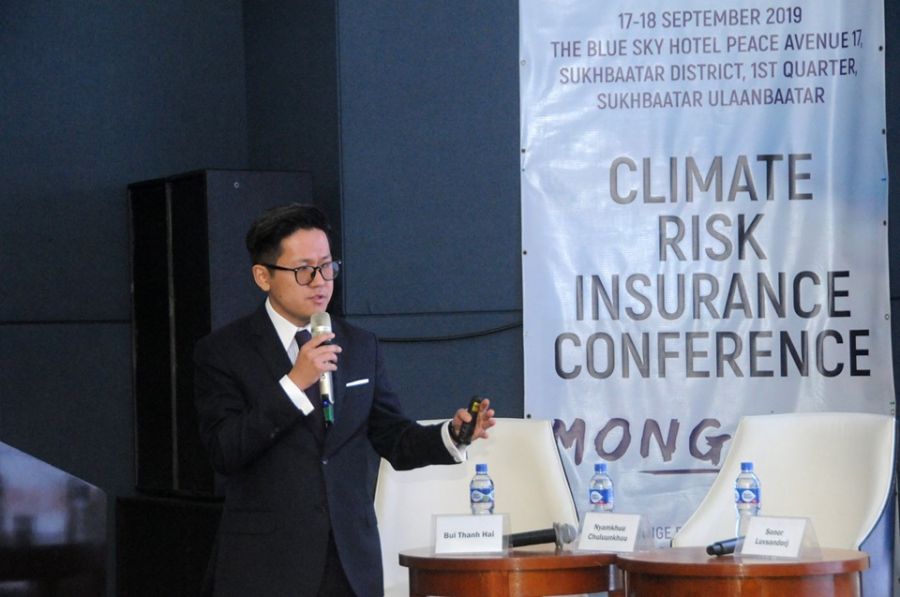
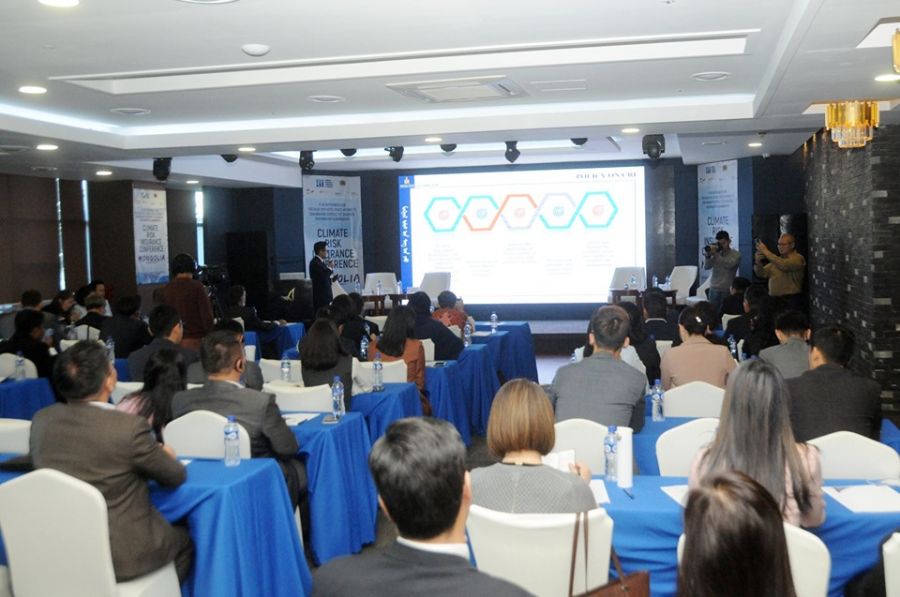
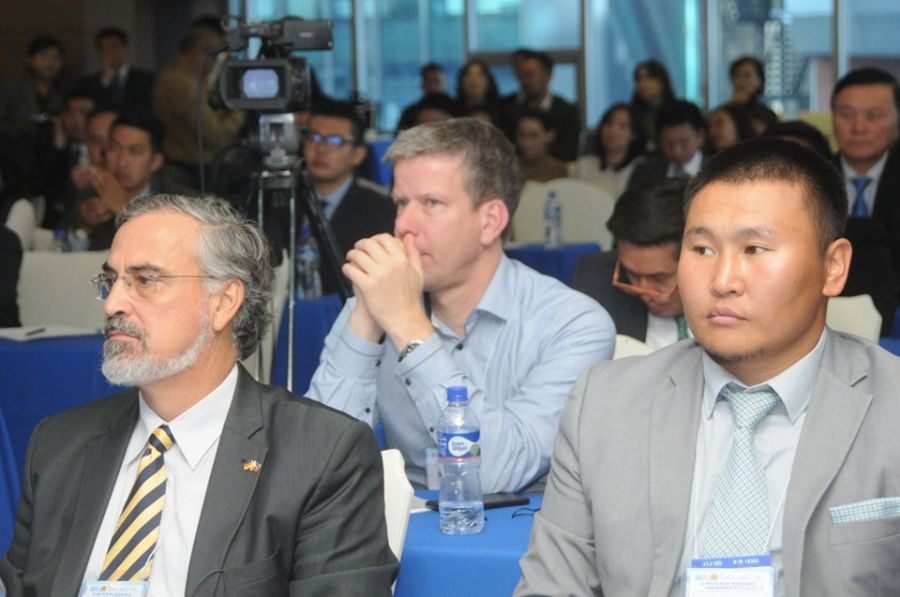
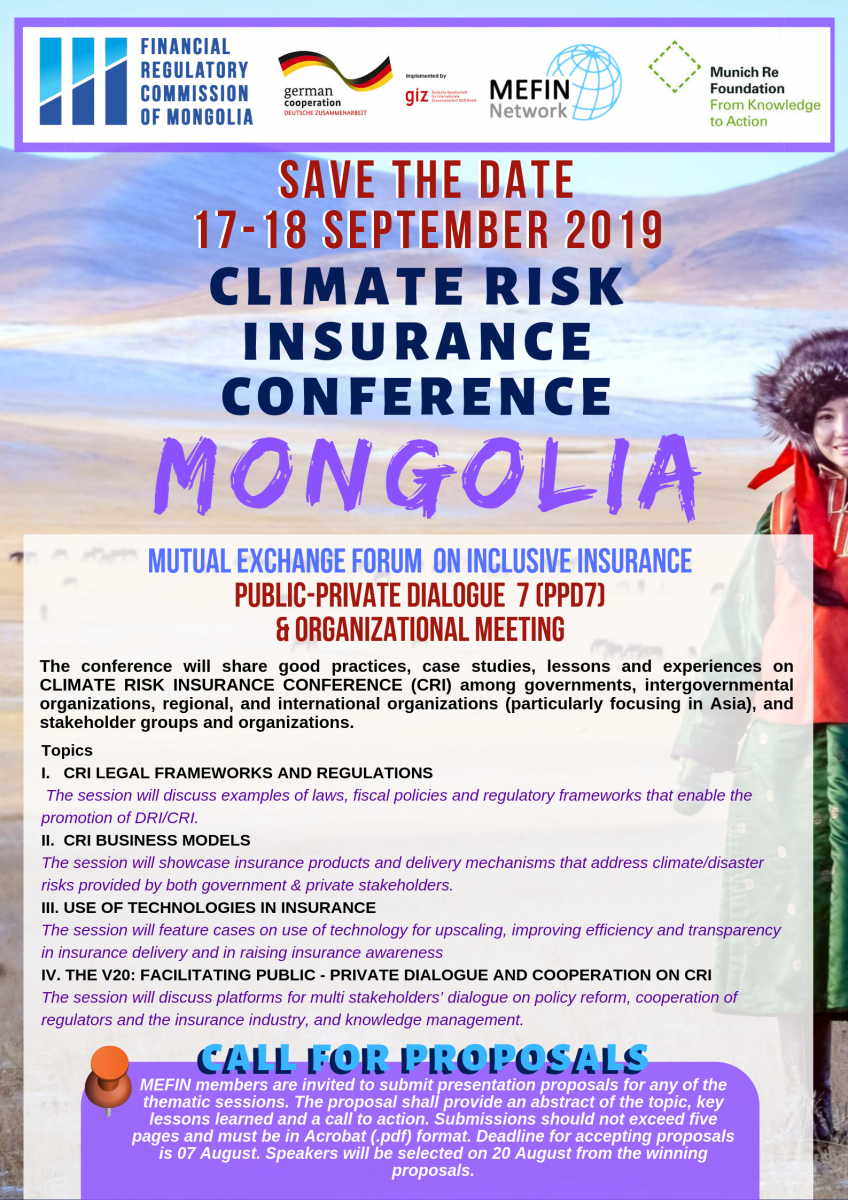

 Ulaanbaatar
Ulaanbaatar
